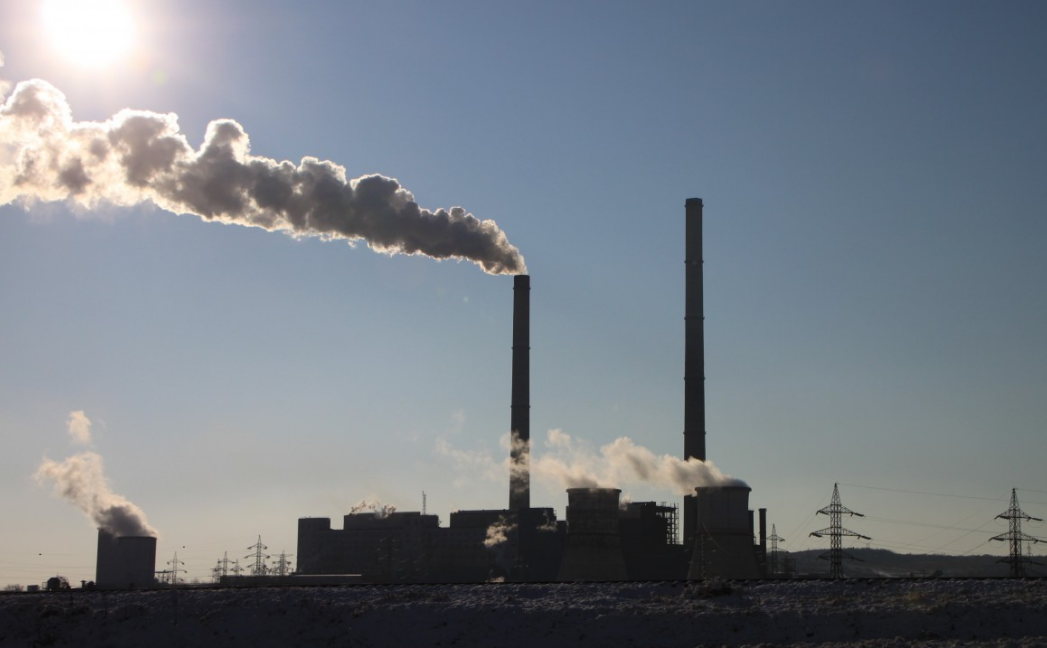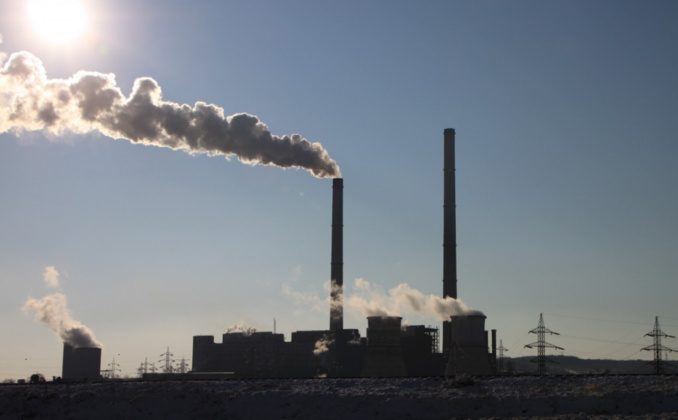The two-week session of the UN climate negotiations ended at the end of last week in Bonn. This was the last session before the final UN conference (to be held in November in Chile) before the start of the Paris Agreement (PA). Recall that the agreement, concluded in 2015, has already been ratified by 185 countries out of 197. The document entered into force in 2016, but formally begins its operation in January 2020. Most of the recent UN climate negotiation sessions have been devoted to the development of the Paris Agreement rules. The session in Bonn was no exception as delegates of the countries discussed the future rules of the Sustainable Development Mechanism (SDM). This is the PA economic mechanism, which will include trading in quotas between countries, joint emission reduction investment projects, and any joint non-market actions of the countries such as introduction of joint taxes on greenhouse gas emissions, common standards and requirements (for example, volume of emissions per unit of production) or approval of single product labeling.
“I urge governments to approve clear rules for international carbon markets and carbon projects by the end of the year - the business sector is extremely interested in this and is waiting for signals from the governments prescribing the mechanisms of work,” said Patricia Espinosa, Executive Secretary of the United Nations Framework Convention on Climate Change after the summit.
Despite the fact that the final rules of the SDM have not been approved yet, the general outlines of the new market have become much clearer. Unlike the Kyoto Protocol, countries set their own goals within the new agreement, and most experts do not see prospects for the international market for “transferring emissions reduction units”.
The disputes of the countries in Bonn raised questions about the possibility of transferring emission reduction units from the period of the Kyoto Protocol to the new mechanism (Brazil, in particular, insisted on this). The decision was postponed, and it is assumed that the final rules of the new economic mechanism will be determined in Chile.
source: reuters.com
“I urge governments to approve clear rules for international carbon markets and carbon projects by the end of the year - the business sector is extremely interested in this and is waiting for signals from the governments prescribing the mechanisms of work,” said Patricia Espinosa, Executive Secretary of the United Nations Framework Convention on Climate Change after the summit.
Despite the fact that the final rules of the SDM have not been approved yet, the general outlines of the new market have become much clearer. Unlike the Kyoto Protocol, countries set their own goals within the new agreement, and most experts do not see prospects for the international market for “transferring emissions reduction units”.
The disputes of the countries in Bonn raised questions about the possibility of transferring emission reduction units from the period of the Kyoto Protocol to the new mechanism (Brazil, in particular, insisted on this). The decision was postponed, and it is assumed that the final rules of the new economic mechanism will be determined in Chile.
source: reuters.com



















